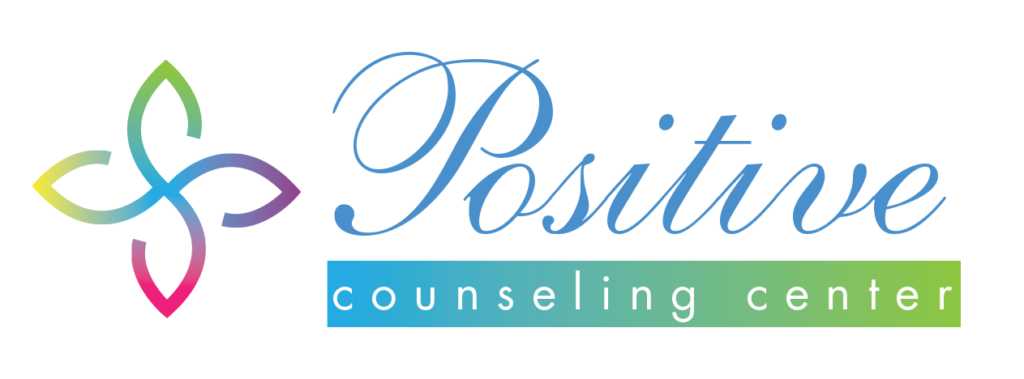“We’re so busy watching out for what’s just ahead of us that we don’t take time to enjoy where we are.” ― Bill Watterson

What is Dialectical Behavior Therapy?
DBT was developed in the late 1980’s by Dr. Marsha Linehan initially to treat those suffering from the most difficult to treat psychiatric behavior, chronic suicidality. DBT was shown to be highly effective in treating these patients and improving their overall quality of life so it was later adapted to treat other psychiatric illnesses including Bulimia Nervosa and Binge Eating Disorder.
How can DBT help me?
“You can’t stop the waves, but you can learn to surf. “ – Jon Kabat-Zinn
DBT teaches you how to surf. Suffering is often born from the inability to accept things in our lives that we cannot control. Maladaptive coping skills like eating disorder behaviors, substance abuse, and self-harm are developed of a desire to relieve our own suffering in the short term but these behaviors increase suffering in the long term. The difficulty is that these behaviors do work in the short term to relieve discomfort, anxiety, pain, and suffering. In the long term however they lead to a loss of relationships, decline in physical health, and overall compromise an individual’s quality of life. DBT skills training teaches us how to our acceptance of life as it is, which in turn decreases suffering.
DBT is a combination of Cognitive Behavior Therapy techniques and skills along with principles from Buddhist mindfulness practices to decrease suffering and increase effective coping overall. The four modules of DBT (Mindfulness, Distress Tolerance, Emotion Regulation, and Interpersonal Effectiveness) provide a long list of skills to increase effective behavior in those four areas of life. DBT is a skill based intervention and the therapist acts as coach as well as a therapist providing education, real world skills coaching, and collaborative goal setting.
Applied DBT Skills at Recovery NOW, Inc.
Dialectical Behavior Therapy skills and principles will be utilized as the framework for individual therapy. Individual DBT skills and will be taught and tools will be utilized by a highly experienced DBT trained Therapist Marilyn Brown, L.M.F.T. as the framework for therapy to help manage maladaptive coping behaviors. One of the core assumptions of DBT is that people are doing the best that they can and this has guided my treatment philosophy leading to non-judgmental compassionate skills based therapy.
“When we are mindful, deeply in touch with the present moment, our understanding of what is going on deepens, and we begin to be filled with acceptance, joy, peace and love.” — Thich Nhat Hanh






